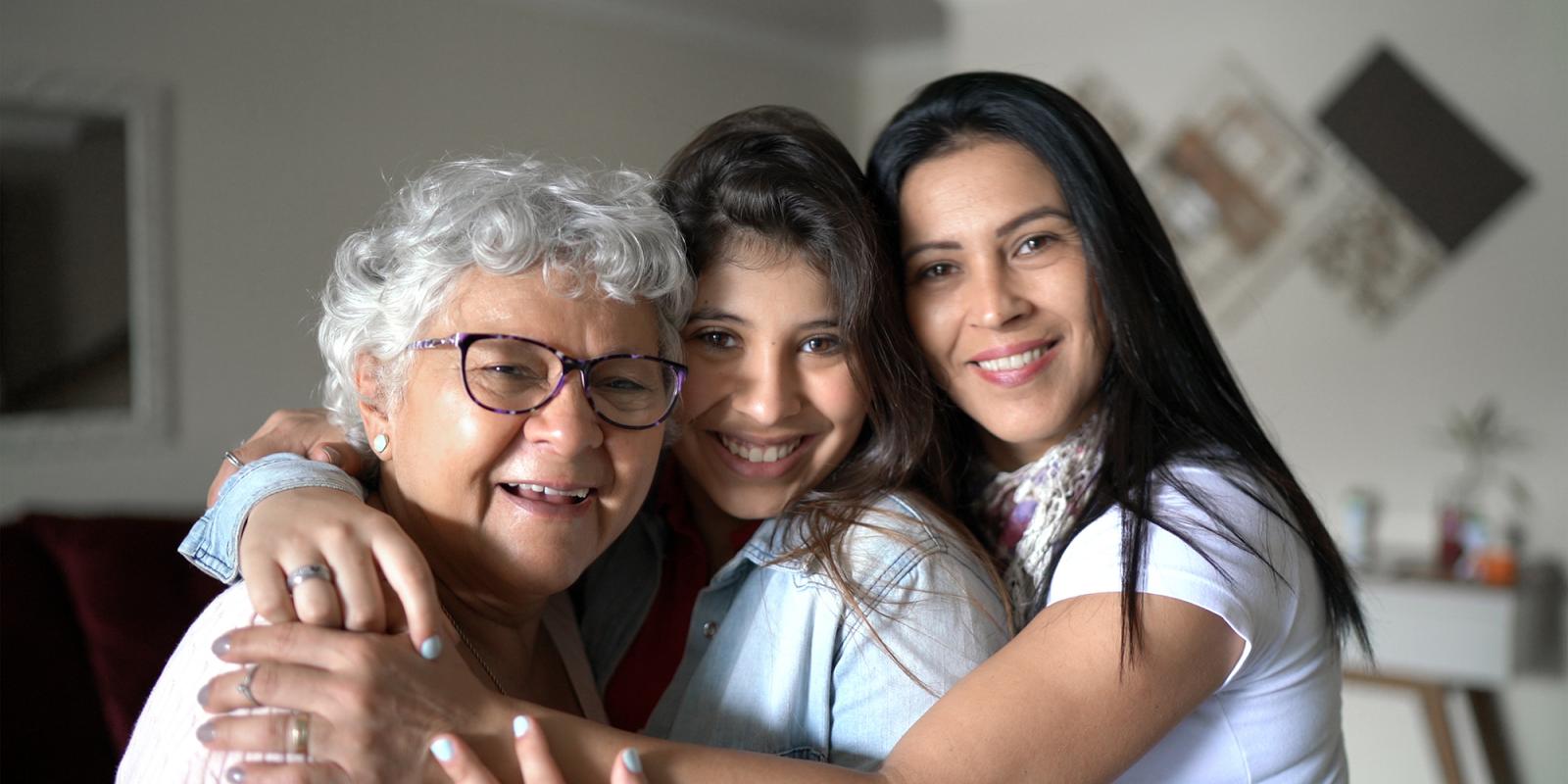When it comes to aging, it often takes a village—a village of professionals, family and friends who band together to care for aging loved ones.
This notion of a village is particularly apt for family caregivers who are part of the Sandwich Generation—the 12 percent of American adults, according to Pew Research, who have children ages 18-or-younger and also are caring for aging parents. But what we know as professionals working in the eldercare industry is that many Sandwich Generation caregivers persevere in isolation, unaware of the resources and support that exist in their village.
We know from Pew’s research that 72 percent in this group is employed, leading to a post-pandemic concern for those who may soon be going back into the office. Over the past 15 months, so many people were able to work from home and gained back as much as two hours a day in commuting time, along with added flexibility to support parents who may live nearby.
As more Americans become fully vaccinated, employers are beginning to open up offices for in-person work. Companies like Apple, Amazon and Goldman Sachs are already leading this charge, and many other businesses are following suit. More than 800,000 New York City employees returned to the office at the beginning of May.
Add in the reopening of children’s activities and the stress level for the Sandwich Generation may become overwhelming.
Employee Assistance Programs are designed to provide support for work and life issues like childcare and eldercare.
That’s why SYNERGY HomeCare joined forces with noted life-work expert Mary Ellen Gornick, and the National Alliance for Caregiving and the Aging Life Care Association, to educate the Sandwich Generation on the process of caregiving and the importance of reaching out for help.
The result is “The Ultimate Guide for Family Caregivers,” an extensive guide that offers a detailed discussion of the many aspects of caregiving specific to the Sandwich Generation. From the emotional toll on family caregivers to types of professional care, this guide is a tool for family members to rely upon as they determine how to provide care for parents, while also maintaining their own lives.
Perhaps one of the most important takeaways from this report is that when it comes to being a caregiver, it’s all about maintaining balance. For members of the Sandwich Generation, there are a number of elements at play:
- Career
- Aging loved ones
- Children/spouse/partner
- Themselves
If any one of these elements is not properly supported, imbalance results, which is why we provide a number of ways to maintain balance in all four elements. The area that may prove the most challenging for Sandwich Generation caregivers is their career.
For caregivers who work full-time jobs, balancing the responsibilities of one’s career and the time-consuming role of taking care of a loved one can be overwhelming. Many of us view our careers as a fundamental component of our identity and our livelihood, which is why we believe it is the weight-bearing pillar.
Likewise, when the stability of financial security is threatened, it can result in stress, which may manifest in poor work performance. However, there are resources available to help employees deal with stressors from their personal lives, including family caregiving.
Employee Assistance Programs, or EAPs, provide access to support for work and life issues like childcare and eldercare. Today, these free, confidential services are offered by nearly 80 percent of companies that have more than 250 employees.
Although it can be uncomfortable discussing personal matters with an employer, managers are trained to be empathetic and knowledgeable about resources the company offers to assist employees during difficult times. The human resources department also can be helpful in guiding these discussions and making sure Sandwich Generation caregivers can resolve problems related to work-life balance.
In its simplest form, caregiving is an act of love. And while it can be a rewarding experience, it may also prove to be challenging and unpredictable.
Aging is inevitable but being unprepared is not. We hope that our guide, “The Ultimate Guide for Family Caregivers,” will serve as a reference tool for the millions of family caregivers who may feel lost or overwhelmed, and reassure them that their village awaits.
Charlie Young is the CEO of SYNERGY HomeCare, which is headquartered in Gilbert, Ariz.













